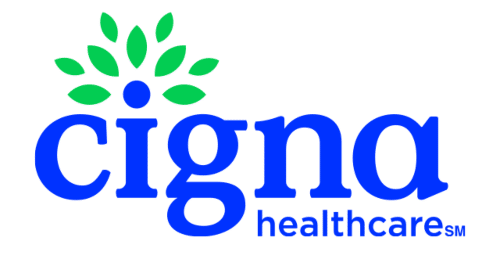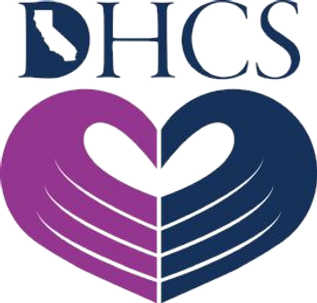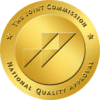What is Traumatic Brain Injury (TBI)?
Traumatic Brain Injury (TBI) is a type of brain injury caused by a blow, jolt, or penetrating injury to the head that disrupts normal brain function. TBI can range from mild, such as a concussion, to severe, causing long-term or permanent impairment of physical, cognitive, and emotional functioning. TBI is a common problem in the United States, with an estimated 2.8 million cases reported each year.

How Does TBI Affect Addiction Recovery?
TBI can significantly impact addiction recovery, as it can affect memory, attention, decision-making, and emotional regulation. These cognitive and emotional challenges can make it difficult to learn new coping skills and manage triggers that lead to substance abuse. It is important for addiction treatment centers to address TBI as part of their treatment plan.
The Link Between Substance Abuse and TBI
There is a strong link between substance abuse and TBI, as individuals who engage in high-risk behaviors, such as drug or alcohol abuse, are at higher risk of experiencing a TBI. Additionally, individuals who have experienced a TBI are more likely to develop a substance abuse disorder as a coping mechanism for their symptoms.
Signs and Symptoms of TBI
Signs and symptoms of TBI can vary depending on the severity of the injury, but may include headaches, dizziness, confusion, memory loss, difficulty concentrating, mood changes, and sensory problems. It is important to seek medical attention if you experience any of these symptoms following a head injury.
Diagnosis and Treatment of TBI
Diagnosis of TBI typically involves a neurological exam, imaging tests, and cognitive assessments. Treatment may involve medications, physical therapy, speech therapy, and cognitive rehabilitation. It is important to work with a healthcare provider who specializes in TBI to develop an individualized treatment plan.
Strategies for Managing TBI and Addiction
Individuals with TBI and addiction can benefit from a range of strategies to manage their symptoms and improve their overall functioning. These strategies may include mindfulness practices, exercise, social support, and cognitive-behavioral therapy (CBT).
Support for Recovery from TBI and Addiction
There are many resources available to support recovery from TBI and addiction, including support groups, vocational rehabilitation, and community-based services. It is important to seek out these resources and build a strong support system.
Steps to Prevent TBI and Addiction
Preventing TBI and addiction involves taking steps to reduce your risk of injury, such as wearing a helmet when biking or participating in contact sports, and avoiding high-risk behaviors, such as drug and alcohol abuse. It is also important to seek treatment for any mental health conditions that may increase your risk of addiction.
Overcoming the Stigma of TBI and Addiction
There is often a stigma associated with both TBI and addiction, which can make it difficult for individuals to seek treatment and support. It is important to recognize that these conditions are medical issues that require professional care and support. By seeking help and sharing your experience with others, you can break down the barriers of stigma and promote understanding and acceptance of TBI and addiction.
Finding Help for TBI and Addiction in Orange County, CA
If you or a loved one is struggling with TBI and addiction in Orange County, CA, Safe and Sound Treatment can provide the support and care you need to achieve lasting recovery. Our team of addiction and TBI specialists can develop a personalized treatment plan tailored to your unique needs and goals. Contact us today to learn more about our comprehensive addiction treatment services.
















